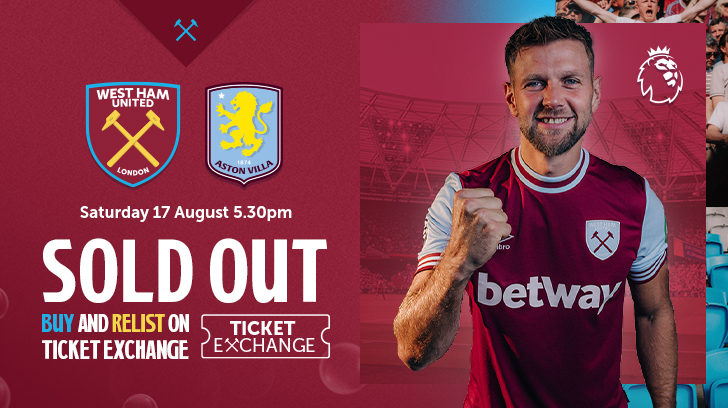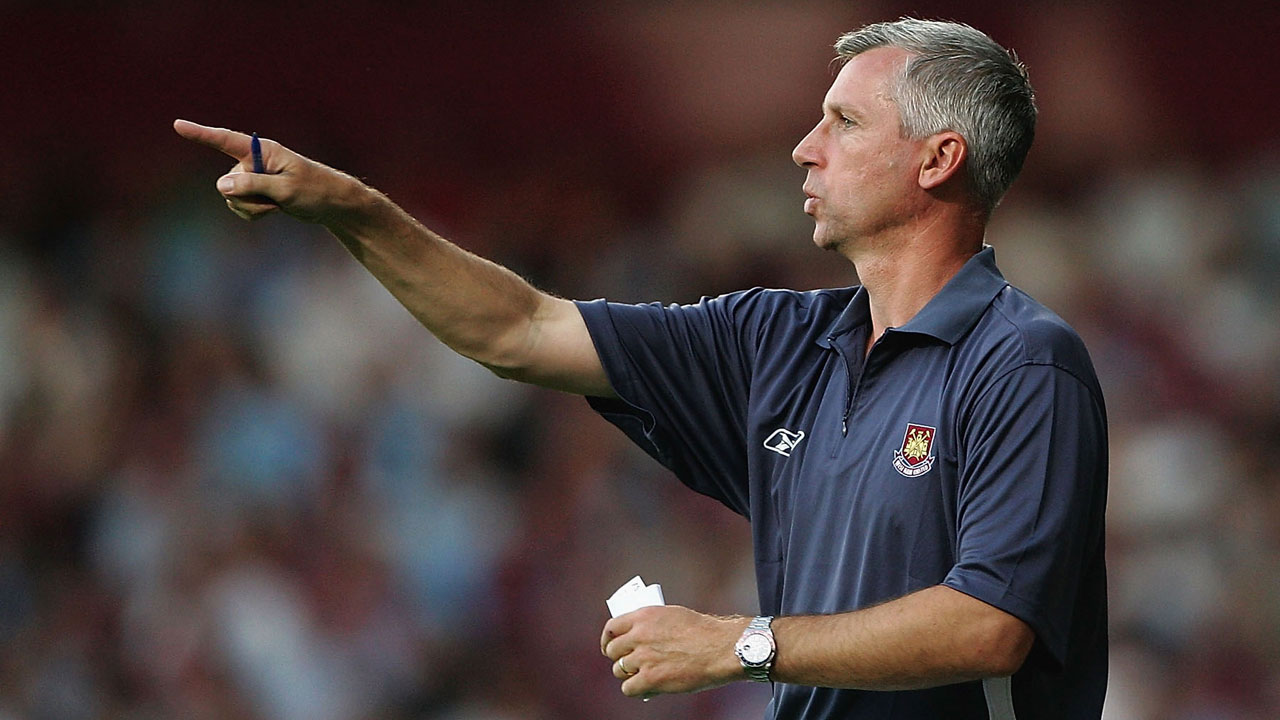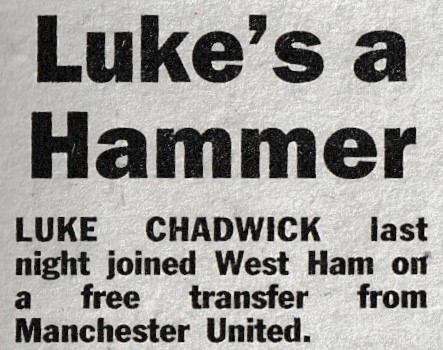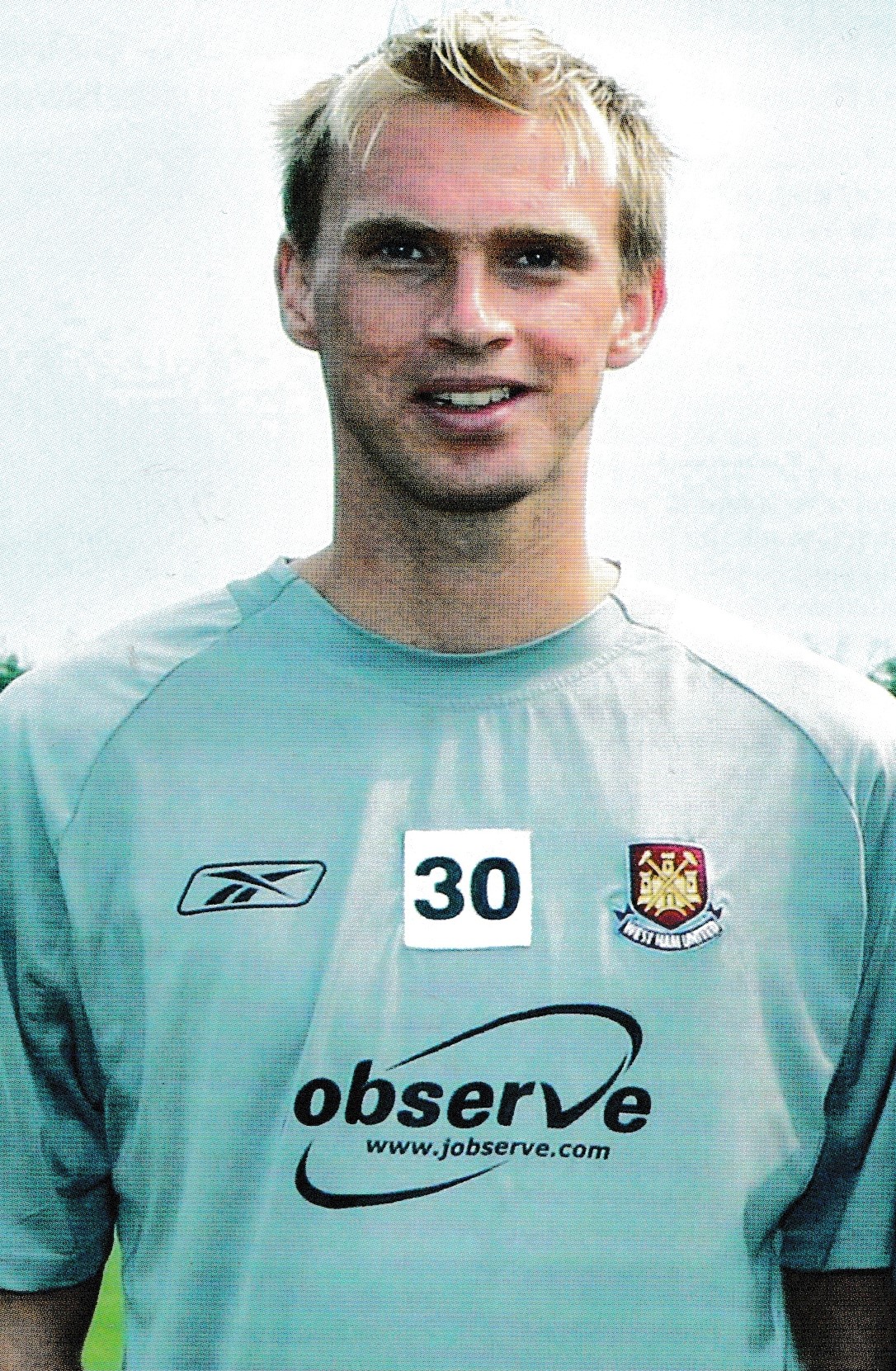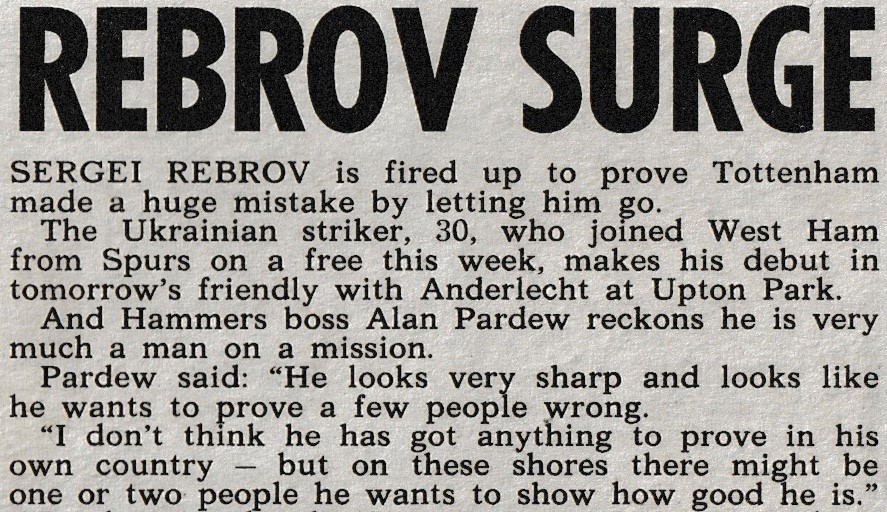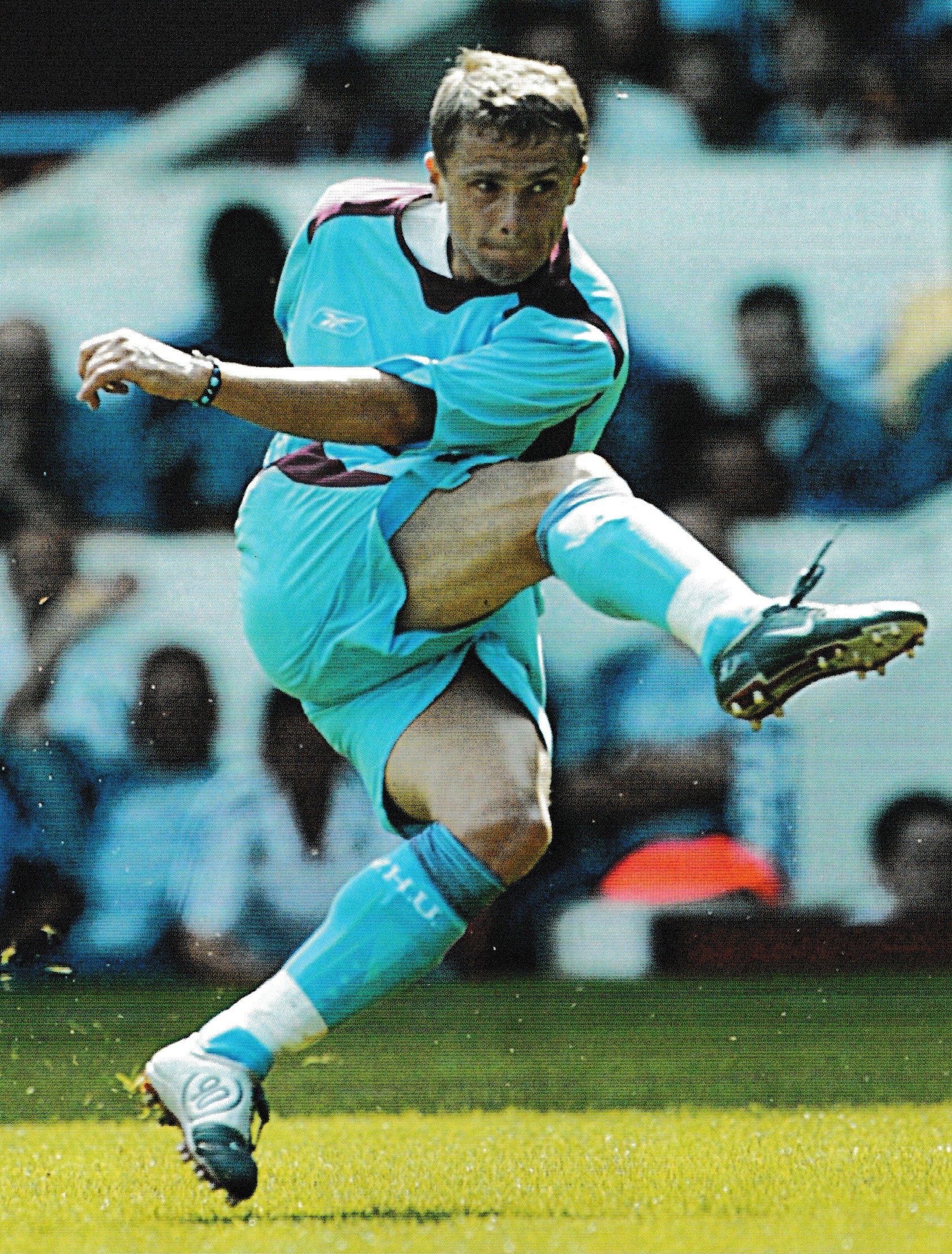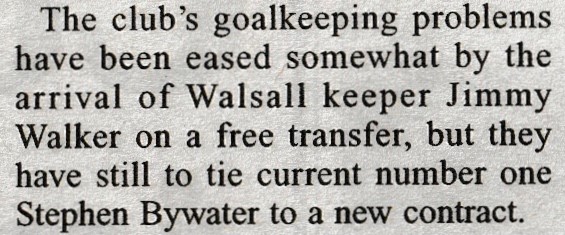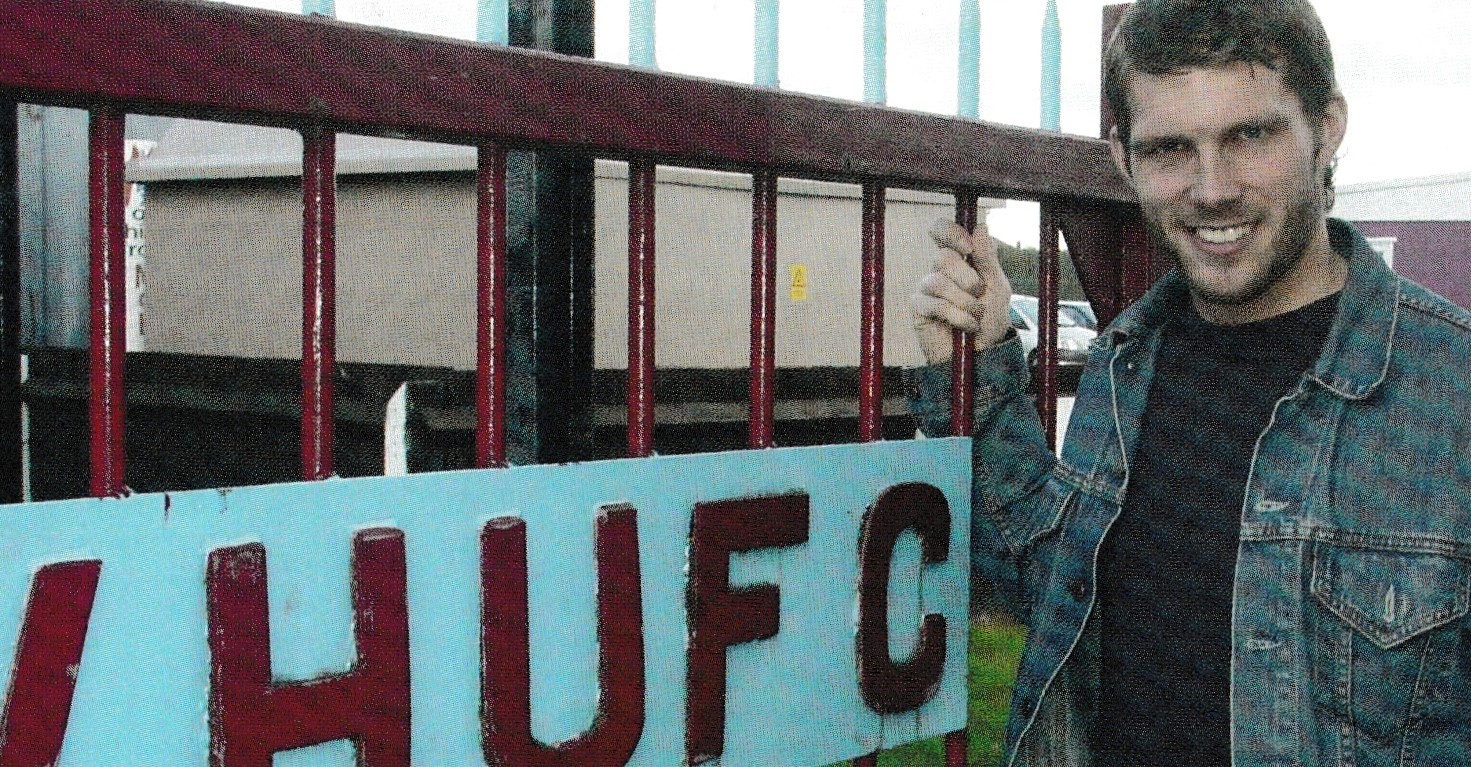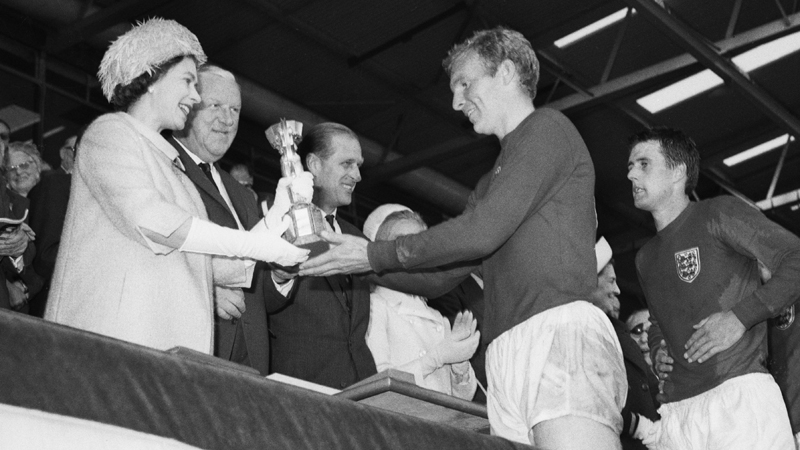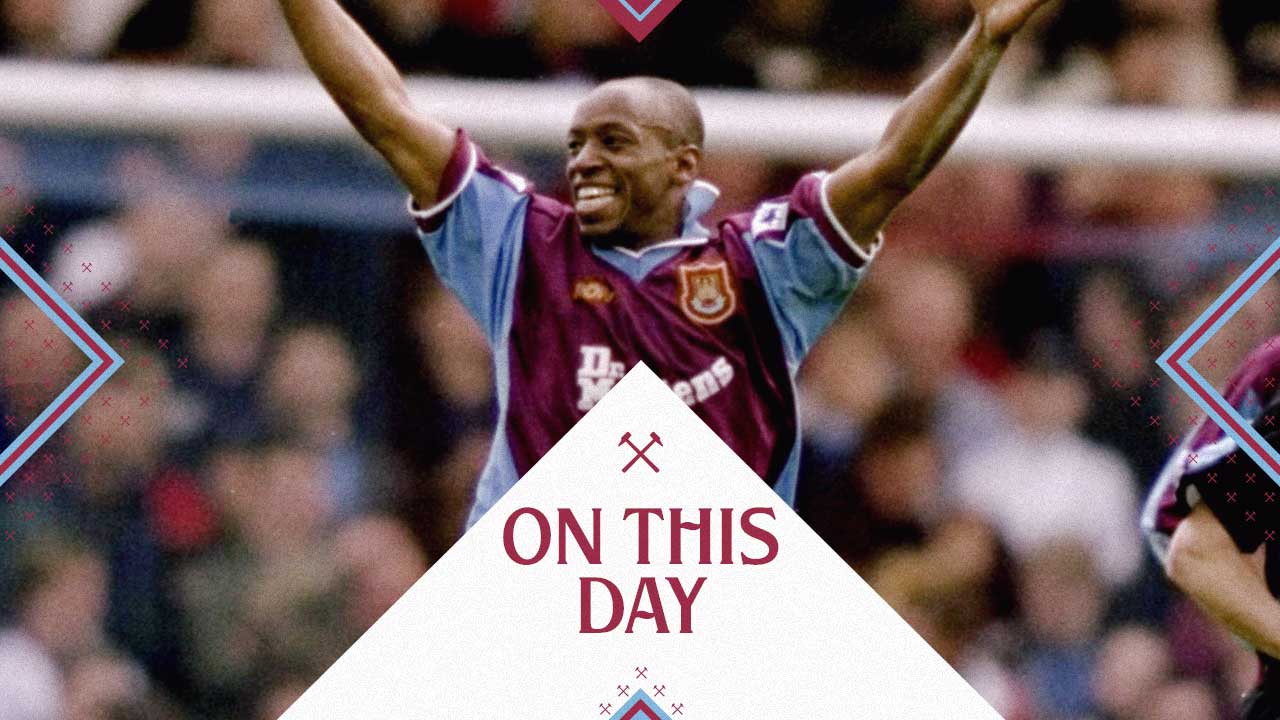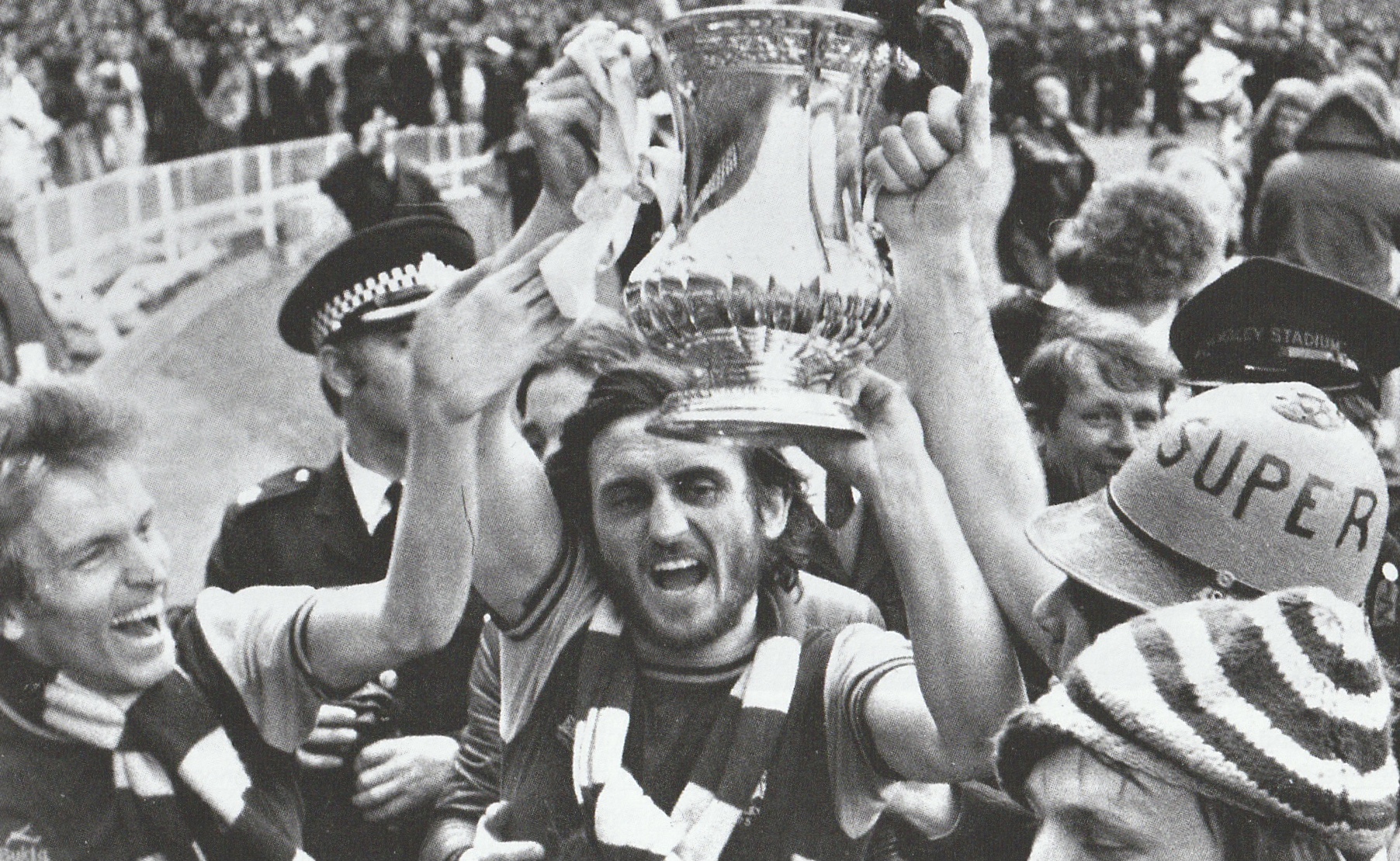Sid Lambert takes us back 20 years to the 2004/05 season, when Alan Pardew’s Hammers secured a rollercoaster return to the Premier League...
The summer of 2004 was a rotten one if you were a West Ham United fan. Ordinarily, you’d be looking forward to a month of tournament football to help cleanse the palate after whatever Claret and Blue chaos you’d endured during the previous domestic season. But even England, and the emergence of a young Wayne Rooney, couldn’t lift the spirits.
Watching the Three Lions at UEFA Euro 2004 in Portugal had been much like watching the Irons. You felt there was plenty of ability. Plenty of effort. Plenty of options for the manager to choose from. Except whichever eleven the gaffer settled upon would flatter to deceive when they crossed that white line.
That had certainly been the case at the Millennium Stadium three months earlier when Alan Pardew’s Hammers faced Iain Dowie’s Crystal Palace in the Championship Play-Off final. It’s hard to imagine a more abject performance in what is typically one of the showpiece occasions of the season. Both teams were absolutely terrible. Dire. Devoid of ideas. Maybe it was the pressure. Maybe it was the heat. Maybe it was the fact that neither team was very good, but it was hard to believe there was a potential Premier League place on offer.
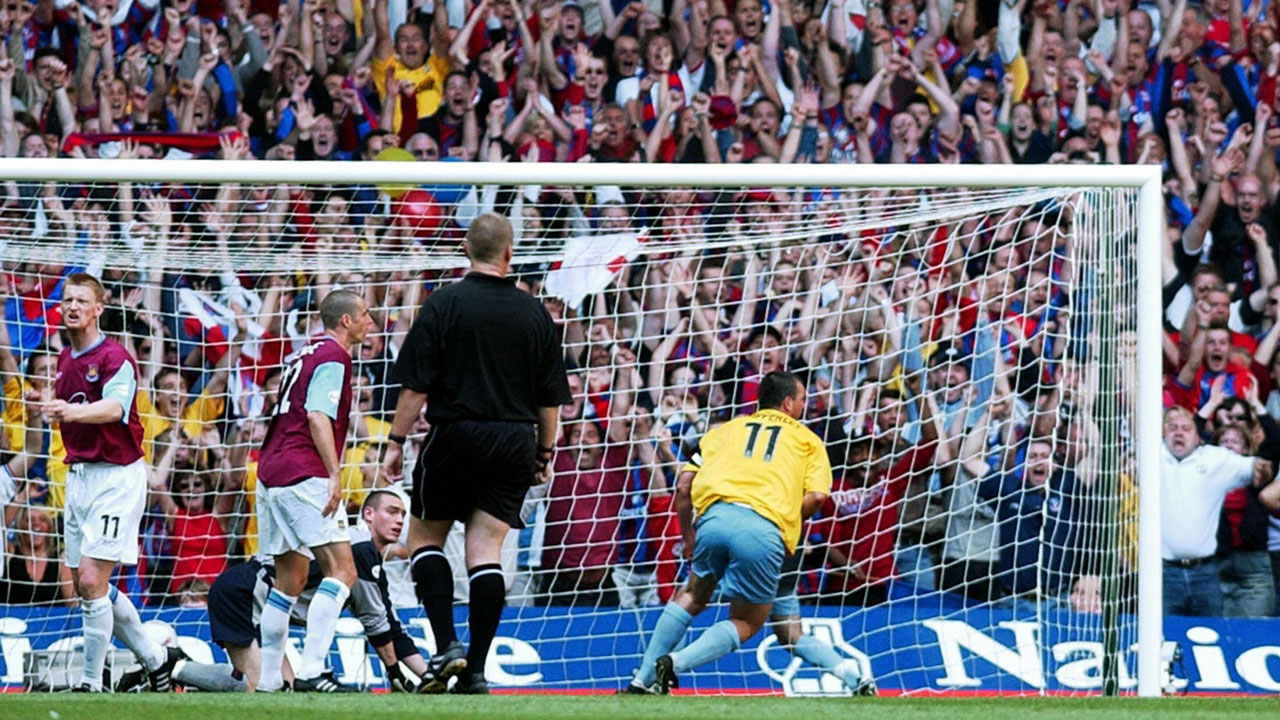
The Hammers had huffed and puffed in the South Wales sunshine with precious little quality to show for it. And ultimately it was the rather shapely shadow of Neil Shipperley that loomed large over proceedings. The Palace captain, who had barely played all season, scuffed home a rubbish winning goal to settle a rubbish game.
The mood afterwards was one of utter deflation, alongside a realisation that promotion would have been too much for this team. We weren’t good enough after all.
In truth, we’d been lucky to make the Play-Offs in the first place. Pardew, poached from Reading in the autumn of 2003, had inherited quite a mess – the squad a toxic mix of players who didn’t want to be there, and players who should never have been there in the first place.
He was given the mammoth task of rebuilding an entire squad mid-season and somehow shaping us into promotion contenders. It was a task he relished. Not since the transfer merry-go-round of the Harry Redknapp era had we seen such frenetic transfer activity. Frankly, the car park at the Boleyn was busier than Lakeside’s. Of course, these were the days when moving clubs wasn’t quite the melodrama it is now. There were less lawyers and representatives involved. The medicals less stringent. You could simply meet Pardew at a service station in the dead of night and emerge with a legally-binding contract, which is possibly the only way to explain Wayne Quinn’s West Ham career.
It took the new gaffer seven games to get his first league win. And shorn of the goals of Jermain Defoe, who would remain our top scorer that season despite joining Spurs in February, we coughed and spluttered our way to fourth in the league table.
As players came and went, I struggled to work out what Pardew was trying to do. What was our identity exactly? There seemed to be lots of kicking. Lots of running. Lots of heading. But tactically we were about as predictable as a packet of Revels. This was perhaps best summed up by our forward line in the Play-Off final. We started the game with the quick feet of David Connolly alongside the pace of Marlon Harewood, and the movement of Bobby Zamora. You don’t need the managerial credentials of Sir Alf Ramsay to know that’s a team geared towards playing on the deck. By the final whistle, all three had been hooked in favour of Big Brian Deane, Don Hutchison and centre-half Andy Melville playing as an emergency striker whilst we launched ball after ball into the Cardiff skyline. It was desperate stuff.
If we thought Pardew was going to spend the summer reflecting on defeat and vowing to bring some stability to east London, we were wrong.
The fax machine went into hyperdrive.
Out went Rob Lee, Connolly, Deane, and Kevin Horlock. In came Teddy Sheringham, Jimmy Walker, Luke Chadwick and perhaps most mysteriously of all, Sergei Rebrov from Spurs. The Ukrainian forward had been deemed too lightweight for the top-flight, so quite how he would fare in the hurly-burly of Championship football was a curiosity.
Meanwhile, 38-year-old Sheringham was going to compete for a starting place alongside Harewood, Zamora and the afore-mentioned Rebrov. On paper, none of it made sense. But then again, I’d learnt through eighteen years of supporting this club that chaos was a constant. And, as ever, it only took a few new signings to lift the gloom. By August the capitulation against Palace was forgotten.
Pardew was going to take us to the Promised Land…
Sid has a new book out: ‘Highs, Lows and Di Canios: The Fans’ Guide to West Ham United in the 90s’. Visit www.thewesthamway.com, or head into the official West Ham store for a rollercoaster ride through one of the most turbulent decades in Claret & Blue history.
*The views and opinions expressed in this article are those of the author and do not necessarily reflect the views opinions of West Ham United.
